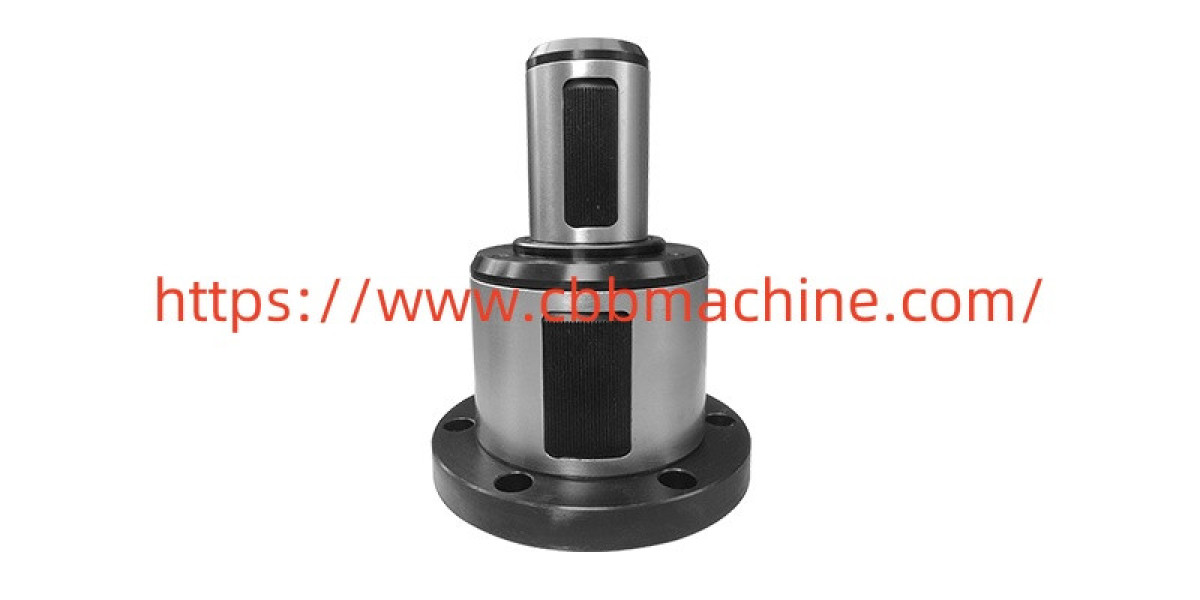In the modern construction equipment sector, an Electric Wheelbarrow Factory represents a new direction in how materials are transported efficiently and with reduced manual strain. Such facilities are not only about manufacturing; they serve as hubs of design, innovation, and adaptation, aligning with the evolving needs of construction, landscaping, and agricultural industries. The transformation of traditional equipment into electric-powered solutions has brought a shift in expectations for performance, durability, and environmental consideration.
One of the most important aspects of such a factory is its ability to balance technology with practicality. Engineers and designers work together to ensure that the machines being produced can handle diverse terrains while minimizing operator fatigue. Beyond the technical side, factories focus on safety protocols and ergonomic improvements to support the daily operations of users who rely on these tools for long working hours.
The growing demand for electric solutions is not only tied to efficiency but also to sustainability. Companies are increasingly aware of the importance of reducing emissions, noise, and fuel dependency. Electric wheelbarrows provide an answer by offering consistent power without the reliance on traditional fuels. This positions factories at the intersection of productivity and environmental responsibility, contributing positively to broader industry goals.
In addition, customization has become a crucial feature. Many buyers now look for equipment tailored to specific projects or terrain conditions. Factories that offer adaptability in their production line gain an advantage, as they can deliver machines suited for construction sites, gardens, farms, or warehouses. This adaptability reflects how the equipment sector has shifted from mass uniformity to more flexible solutions.
The role of an electric wheelbarrow goes beyond transportation. On construction sites, it supports tasks such as moving concrete, gravel, or waste materials. In landscaping, it assists in carrying soil, plants, or tools across uneven ground. In agriculture, it helps farmers with transporting harvests or supplies. By designing equipment that suits multiple sectors, factories are widening their customer base and strengthening their relevance in global markets.
Furthermore, investment in research and development drives innovation inside these facilities. Continuous improvements in battery technology, motor efficiency, and load stability ensure that new models keep pace with industry demands. Such advancements are essential in maintaining the reliability and trust that professionals expect from modern equipment.
As industries continue to evolve, the factories producing electric wheelbarrows remain integral to supporting the shift toward smarter, cleaner, and more user-friendly machinery. Their impact is not confined to the production floor but extends into the daily lives of workers who benefit from enhanced safety and efficiency.
For those exploring how these machines can transform their workflow, learning about the processes inside such factories provides a deeper understanding of the value they deliver. Each piece of equipment is more than a tool; it represents a combination of engineering, sustainability, and commitment to progress.
To explore further details, visit https://www.minidumperfactory.com/news/industry-news/power-barrow-vs-electric-wheelbarrow-which-one-is-right-for-you.html




